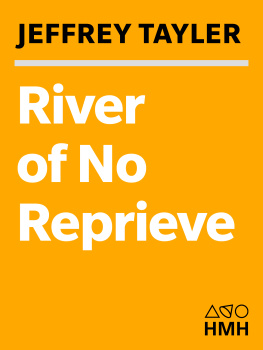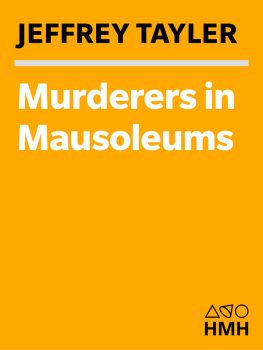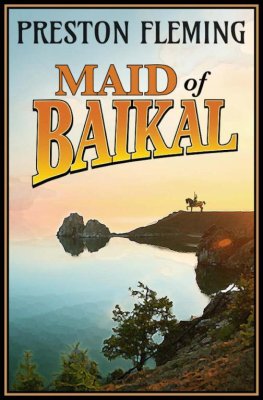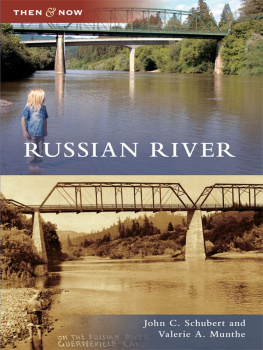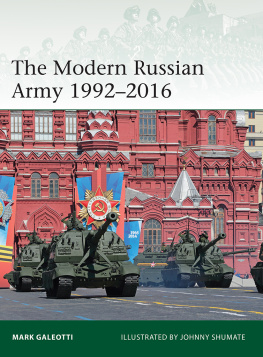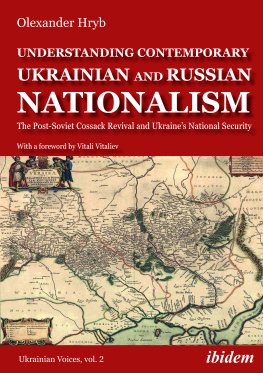First Mariner Books edition 2007
Copyright 2006 by Jeffrey Tayler
All rights reserved
For information about permission to reproduce selections from this book, write to or to Permissions, Houghton Mifflin Harcourt Publishing Company, 3 Park Avenue, 19th Floor, New York, New York 10016.
hmhbooks.com
The Library of Congress has cataloged the print edition as follows:
Tayler, Jeffrey.
River of no reprieve : descending Siberias waterway of exile, death, and destiny / Jeffrey Tayler.
p. cm.
ISBN -13: 978-0-618-53909-3
ISBN -10: 0-618-53909-3
1. Siberia (Russia)Description and travel. 2. Tayler, JeffreyTravelRussia (Federation)Siberia. I. Title.
DK 756.2. T 39 2006
915.70486dc22 2005024728
ISBN -13: 978-0-618-91984-0 (pbk.)
ISBN -10: 0-618-91984-8 (pbk.)
e ISBN 978-0-544-27729-8
v2.0421
NOTE : Certain names and minor identifying characteristics have been changed to protect the privacy of people described in this book. Specifically, the names Alina and Sasha in Chapter 1; Luka in Chapter 3; Olga, Katya, and Vera in Chapter 14; Vova, Eduard, and Sanya in Chapter 18; Petrov in Chapter 19; and Klara in Chapter 20 are pseudonyms.
TO MY FATHER
A Note on Transliteration
When transliterating Russian place names and nouns without accepted English spellings, I have used an apostrophe to indicate the Russian letter myagkiy znak (soft sign), which palatizes the preceding consonant and for which there is no English equivalent.
The names of most Russian rulers and other famous people from the past are conventionally anglicized, and I have preferred these forms to the Russian. Hence, when referring to tsars, I write Basil III for Vasily III and Michael for Mikhail. However, for lesser-known or more contemporary figures, I have retained the Russian, as is now customary in the press. By this convention, the first name of the former president Gorbachev is Mikhail, not Michael.
I ask the readers indulgence for any inconsistencies that may occur.
The Cossacks created Russia.
LEO TOLSTOY
Tout notre raisonnement se rduit cder au sentiment.
PASCAL
Al pasar bajo del arco de la eternidad, en la suprema comprensin de nuestra vida mortal, est el premio y est el castigo.
RAMN DEL VALLE-INCLN
Black raven, why do you spread your claws above my head?
Black raven, you wont get me!
RUSSIAN FOLK SONG
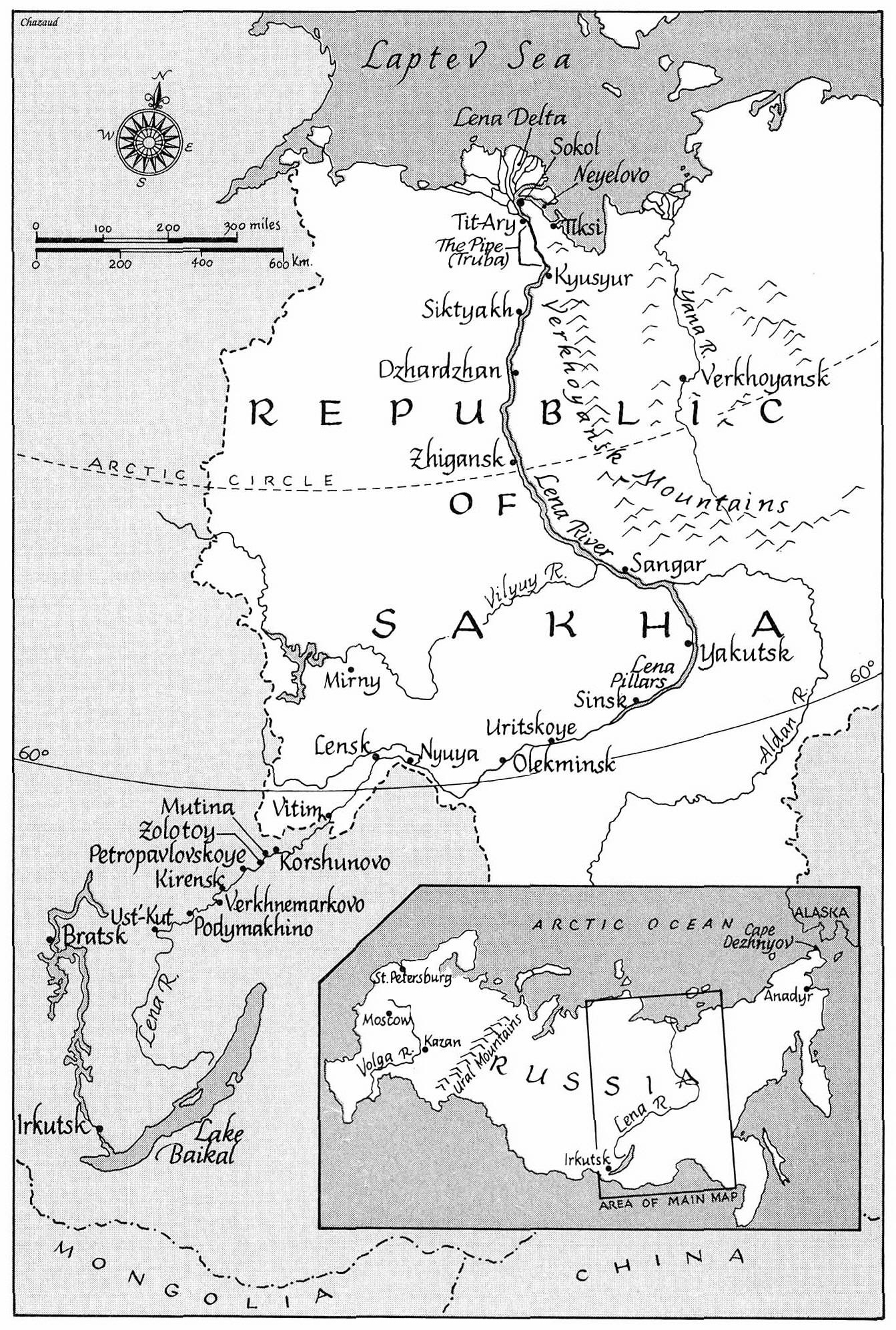
Prologue
Birth of an Empire. The Midnight Lands and
the Great River. Destiny Manifest, Destiny Personal.
THE TYRANT WAS DERANGED , and, like other idolized monarchs to come in his countrys history, a mass murderer of his own subjects. Beginning in 1565, Ivan the Terrible, the first ruler crowned Tsar of All Russia, dispatched the oprichniki, his private army of six thousand assassins, garbed in black capes and mounted on black horses, throughout his kingdom to slaughter his opponents, real or imagined, and seize their estates. Potentially rivalrous relatives and nobles, peasants and tradesmen and townsmen, even priests and archbishops and the Metropolitan of Russia, all perished at the oprichnikis swords. During five weeks in 1570, in Novgorod alone, till then Russias star democratic city-state (its northern location allowed it to escape the ravages of Tatar-Mongolian invaders), the oprichniki, with Ivans personal participation, hacked apart, drowned, boiled alive, or strangled three thousand Russians in savage public orgies of bloodshed and mayhem. Others, the luckiest, were forced through show trials, pronounced guilty, and imprisoned or banished. Yet after the butchery, Ivan repented lavishly at the altar, begging God to show mercy on his victims souls. Possibly he knew he was mad, unbalanced as a child by a regency during which palace nobles demeaned and humiliated him, schemed to usurp his power, and may have poisoned his mother, but historians still debate the motives for his atrocities. One thing is certain, though: Ivan the Terrible united under the Kremlins control a Russia that Tatar-Mongolian warriors had occupied, divided, and dominated since the mid-1300s.
In 1581 Ivan swung his staff in a fit of rage and felled his son (and heir to the throne). Three years later the tsar died, gaunt and hairless, broken by grief and madness, possibly poisoned. Although his massacres left once thriving stretches of Russia vacant and desolate without any inhabitant (in the words of a contemporary British traveler), Ivan believed himself to be exercising a divinely sanctioned absolutism; by murdering his subjects and consolidating his power, he was carrying out Gods will in accordance with the doctrine of caesaro-papism that he had inherited from his father, Basil III (who himself had imported it from the Byzantine Greeks). The changes he wrought on Russia proved manifold and lasting. By destroying autonomous nobles, replacing proud princes with cringing loyalists, making land ownership depend on fealty to the crown, and subjugating the church, he founded autocratic traditions of governance that persist in Russia to this day. He pressed the gentry into the military and reformed the army. He promulgated a new code of laws, and, most significantly for the greater part of his population (and subsequent centuries of Russian history), he entrenched serfdom throughout his domain, ensuring that, until emancipation came in 1861, most Russians would live and die as slaves, either to nobles (themselves lackeys to the tsars) or to state enterprises of one sort or another.
Nevertheless, for casting off the Tatar-Mongolian yoke, a majority of Russians of the time, as far as we know, adored Ivan the Terrible as much as they feared him. The horrific methods by which he ruledmass executions, mass deportations, mass expropriation, mass enslavement, and the totalitarian regulation of public lifewould also distinguish the reigns of Russias other most redoubtable yet revered despots, Peter the Great and Joseph Stalin.
Yet it was Ivans launching of costly expansionist wars (requiring more subjects to tax, new lands to exploit) that would truly transform Russia and ultimately define its role in history, its place among nations. In the sixteenth century Russia was poised to shed its identity as Rus, a European state of Eastern Slavs, and become Russia, a country that would be ruled by a majority Russian population but comprise more than one hundred ethnic groups on two continents, practicing not only Orthodox Christianity but also Judaism, Islam, Shamanism, and Buddhism. Muscovy and other north Russian principalities, most notably that of Novgorod, had already penetrated the European Arctic, taking advantage of the isolation that distance and cold afforded them from Tatar-Mongolian overlords, whose presence was strongest in the warmer and more fertile regions of the south, in what today is Ukraine. Basil III had beaten back the Poles and Lithuanians to push Russias European border to the west. Ivan, however, set his people marching east toward a Russian version of Manifest Destiny, using, in 1552, his newly formed units of streltsy (musketeers) to crush the Muslim Tatar khanate of Kazan, on the Volga, and open up a land route east to the Urals.
As far back as the eleventh century, a few intrepid Russians had trekked over the far northern foothills of the Urals to settle and trade, but they lacked a practicable southern route to follow into the greater part of what they called, owing to the latitudes hibernal polar nights, the polunochnyye strany

